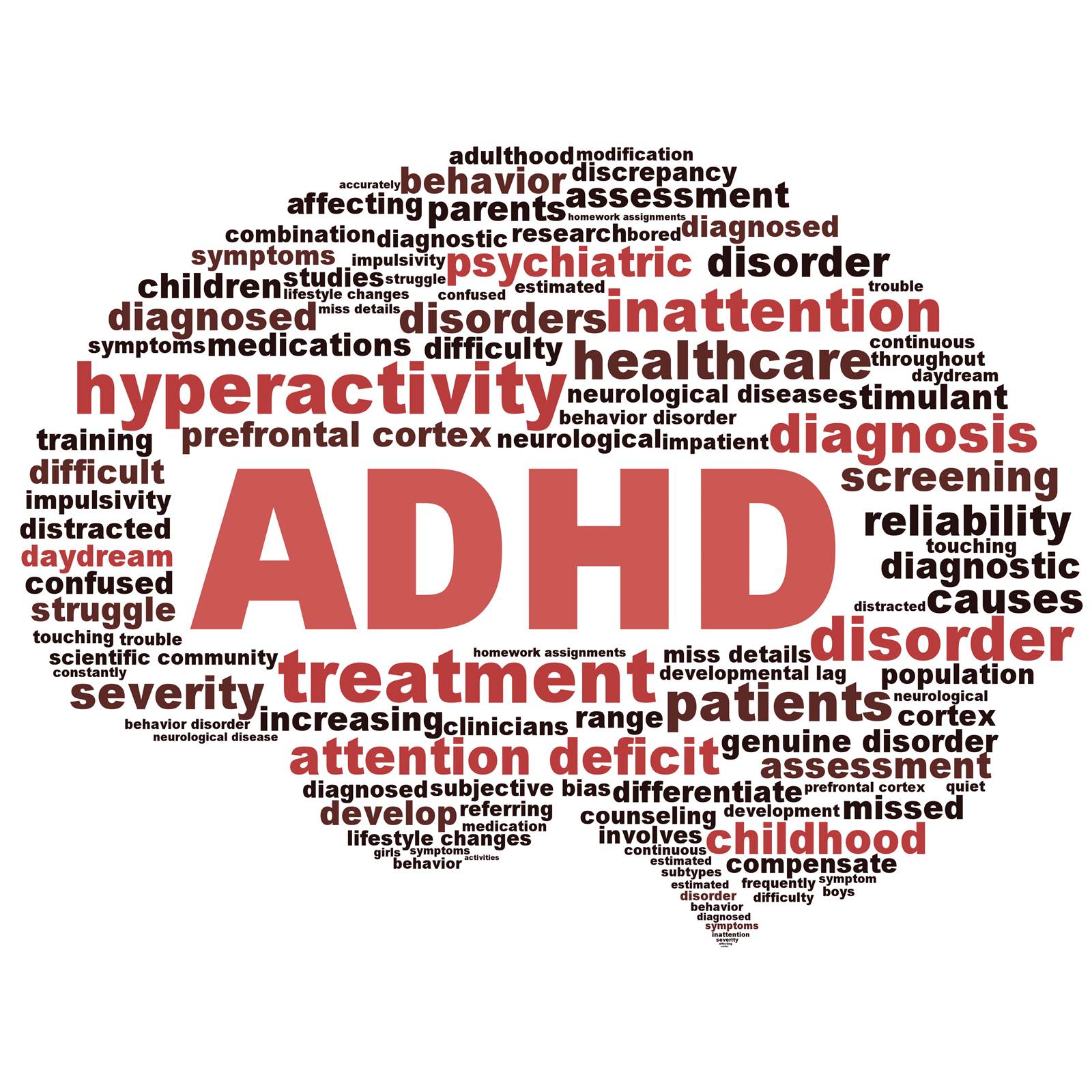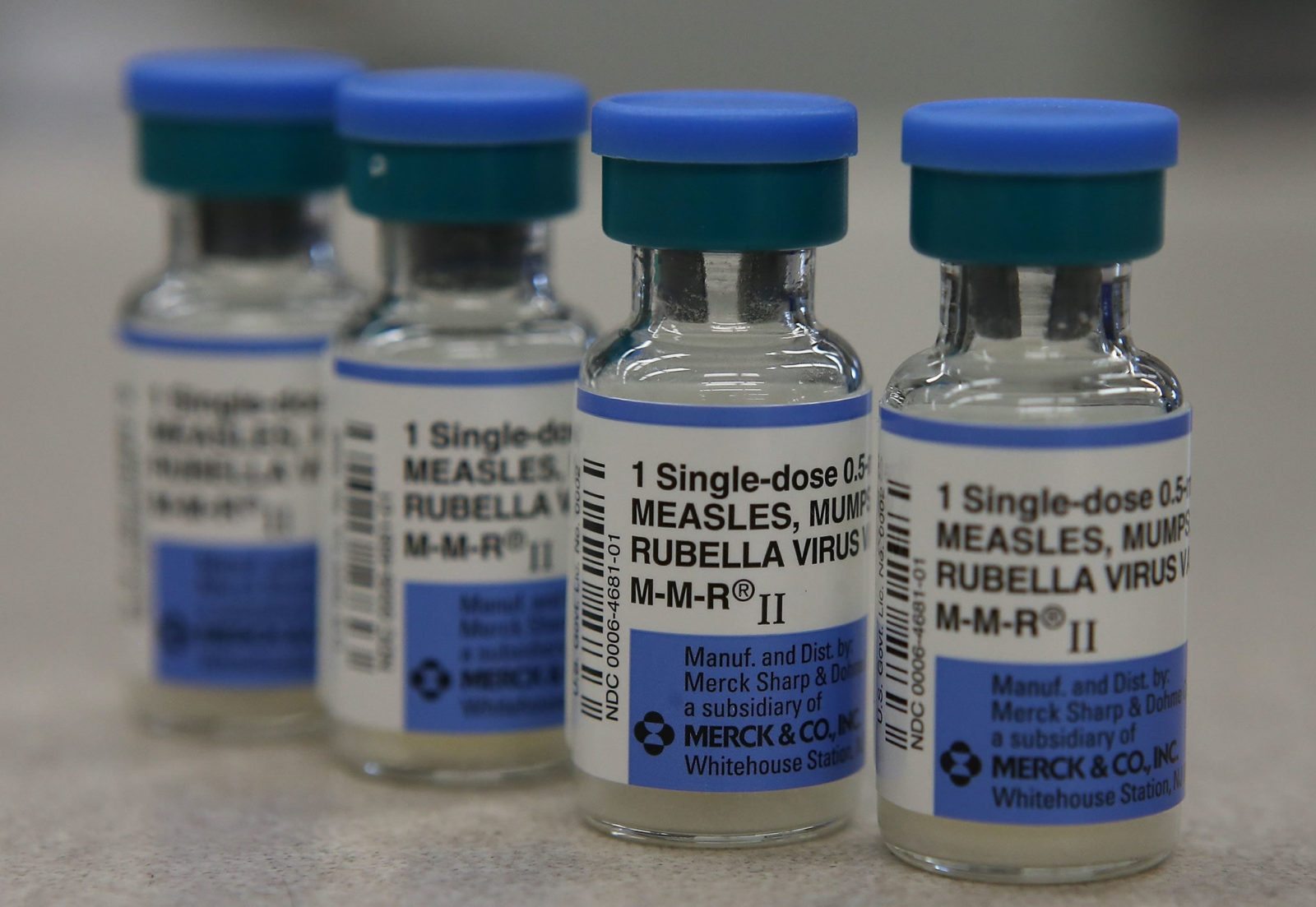Results for: measles

Corrigendum. The Week in Review for 05/28/2017.
More measles in Minnesota. Yet another form of acupuncture: Snafu. CAM cancer studies are of poor quality. The future of CAM is LSD.

Corrigendum. The Week in Review for 05/21/2017
Choosing CAM leads to bad outcomes the world over. How deep can an acupuncture needle go? Measles continues and Minnesotans and will be welcomed in Texas. Rat rectal stimulation for Science. And more.

Another ADHD Denier
John Rosemond, a self-help columnist, denies the science of ADHD with the usual invalid and outdated arguments.

Corrigendum. The Week in Review for 05/14/2017.
The week in review. Measles cases climb in Minnesota; Texas is jealous. Koala and rabbit abuse. FDA suggesting pseudo-medicine? And more.

Two (now retracted) studies purporting to show that vaccinated children are sicker than unvaccinated children show nothing of the sort
Antivaccine websites have been touting two recently published studies as strong evidence that vaccinated children are less healthy than unvaccinated children. The studies are so flawed that they show nothing of the sort. Even more hilariously, the bottom-feeding predatory open access journal that published them appears to have retracted them.

Corrigendum. The Week in Review for 05/07/2017.
Death from alternative medicine impersonators. An acupuncture study done so acupuncturists can get insurance money? A chiropractor has to refund the feds one million dollars. And more.

Corrigendum. The Week in Review for 04/23/2017
Protection from vampires. An autistic muppet upsets anti-vaxers. Naturopaths want insurance money. Big Chiro: what THEY don't want you to know. This blog is futile. And more.

Corrigendum. The Week in Review for 04/16/2017
Mumps cases, like infected parotids, swell. Doctors win with false news?!? More acupuncture studies not recognized as negative. Paying for pseudo-medicine in Vermont. Your consciousness is in your organs. And more.



I Got Nothing
Really nothing here from me this week. Go have a beer. Time better spent.